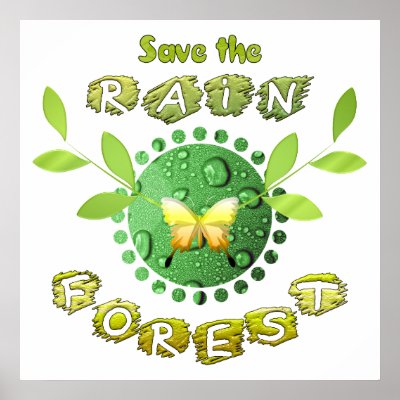People are beginning to accept responsibility for the Earth’s future. The main environmental problems
have been recognized, and ways of reducing their impact are being explored. Positive steps
towards the long-term survival of our planet are discussed here, but there is still much work to be
done.
It takes only small steps to make a big difference.Creating a new, climate-friendly energy future is a daunting task. But in reality, small steps by many people could change the world and protect the planet.
Promoting Ecotourism
Tourism that benefits the environment is known as ecotourism. For example, money earned from tourism can be spent on the creation and management of national parks. The Potential earnings from forest recreational activities such as camping and canoeing are twice or more than what could be made by selling the timber.
Reducing Urban Pollution
Sharing cars, using public transport, cycling, and walking, all reduce vehicle use in urban areas. Catalytic converters can help to reduce pollution from cars. Working from home using technology such as computers,
instead of travelling to an office, also reduces the number of vehicles on the roads.
Halting Desertification
Farming methods such as terracing can reduce desertification and the loss of topsoil. In China, a “great green wall” of trees (the San Bei Forest Belt) has been planted to hold back the advancing desert. Somalia has begun a major antidesertification programme that includes a ban on cutting trees for fuel.
Conserving Habitats and Species
the establishment of national parks and other conservation areas - more than 5 per cent of the world’s total land area is now protected. The Convention on International Trade in Endangered Species (CITES) is an international treaty that has been signed by 122 countries.
Reducing Pollution
Many countries are reducing sulphur dioxide emissions to prevent acid rain and global warming. Ways of improving toxic waste treatment and disposal are also being explored. International treaties have been developed to regulate the dumping of waste at sea, and to control the discharge of other pollutants into the oceans.
Using Renewable Energy
Fossil fuel will eventually run out. In the meantime, their use creates pollution and contributes to global warming. Cleaner, renewable methods of generating energy are being developed, including wind, wave, solar
and tidal power. Some countries, including Norway and Brazil, already obtain more than half their energy from renewable sources.
Reducing Firewood Use
cooking methods are being introduced in some countries affected by this deforestation. In Kenya, wood energy accounts for more than 75% of energy consumption.
Saving the Rainforests
Here is a short list of the things you can do today to make a difference. Many of the items listed below will save you money too. That’s right -you might even make a little green by being green!
�� Use recycled paper and card.
��Put the bottle down. Bottled water and other highly packaged items contribute to landfills and emissions. Filter systems are cleaner and cheaper. Ninety percent of the cost of bottled water goes to the cap and bottle, making it 240 to 10,000 times more expensive than that of tap water!
�� Walk, cycle, or use public transport instead of going by car whenever possible.
��Talk it up. Share what you do with your friends and coworkers. Let your public officials
know that you care about climate issues and remember them in the voting booth.
��Switch off lights and other appliances when not in use.
��Start a compost heap for vegetable peelings and garden waste, such as leaves and grass cuttings.
�� When ordinary light-bulbs are spent, replace them with energy-efficient, compact fluorescent light(CFL)-bulbs.
More you can do to reduce your carbon footprint and do your part to address our global climate challenge.
�� Plant trees, which absorb carbon dioxide
�� Use rechargeable batteries
�� Wash your clothes in cold or warm water.
Subscribe to Child Project Helper by Email








